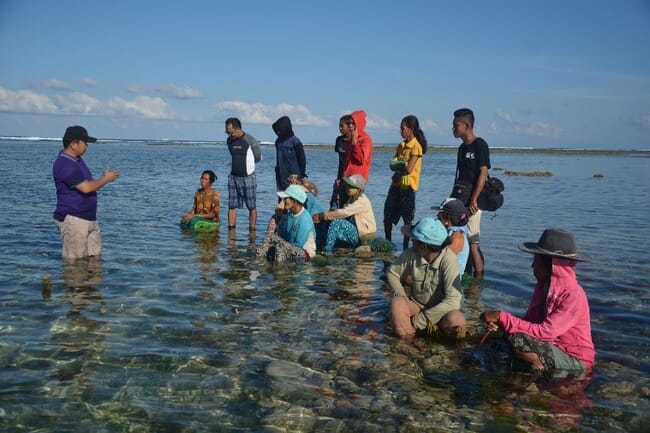
© The Nature Conservancy
In a new publication, titled “A global monitoring, evaluation and learning framework for regenerative and restorative aquaculture: Helping nature thrive through aquaculture”, The Nature Conservancy (TNC) provides a resource for aquaculture producers, researchers, and other industry stakeholders to understand and value the ecological benefits of restorative and regenerative aquaculture.
When implemented in appropriate locations, and with an environmentally conscious approach, aquaculture practices can provide a broad range of ecosystem benefits in addition to the physical products of the farming process. From the removal of excess nutrients from the water column, to increasing biodiversity by providing complex habitat, aquaculture holds the potential to support the restoration and resilience of marine ecosystems.
According to the TNC framework, however, the benefits provided by responsible and environmentally conscious aquaculture are often unknown to producers. Furthermore, where they are recognised, there are no generic guidelines for their quantification or valuation, limiting the current understanding of these effects.
The new TNC framework aims to address this issue, laying down a generic framework for the monitoring and evaluation of these positive environmental effects, whilst also considering intersecting socioeconomic outcomes.
Aimed at aquaculture industry operators, sector associations, and other supporting organisations, the publication includes individual monitoring, evaluation, and learning frameworks for three major aquaculture sectors: macroalgae, molluscs (excluding cephalopods), and finfish. The guidelines are designed so that they can be applied in part, as well as in full, and whilst the current frameworks are intended for marine and coastal aquaculture, TNC intends for future versions to address inland restorative aquaculture practices additionally.




